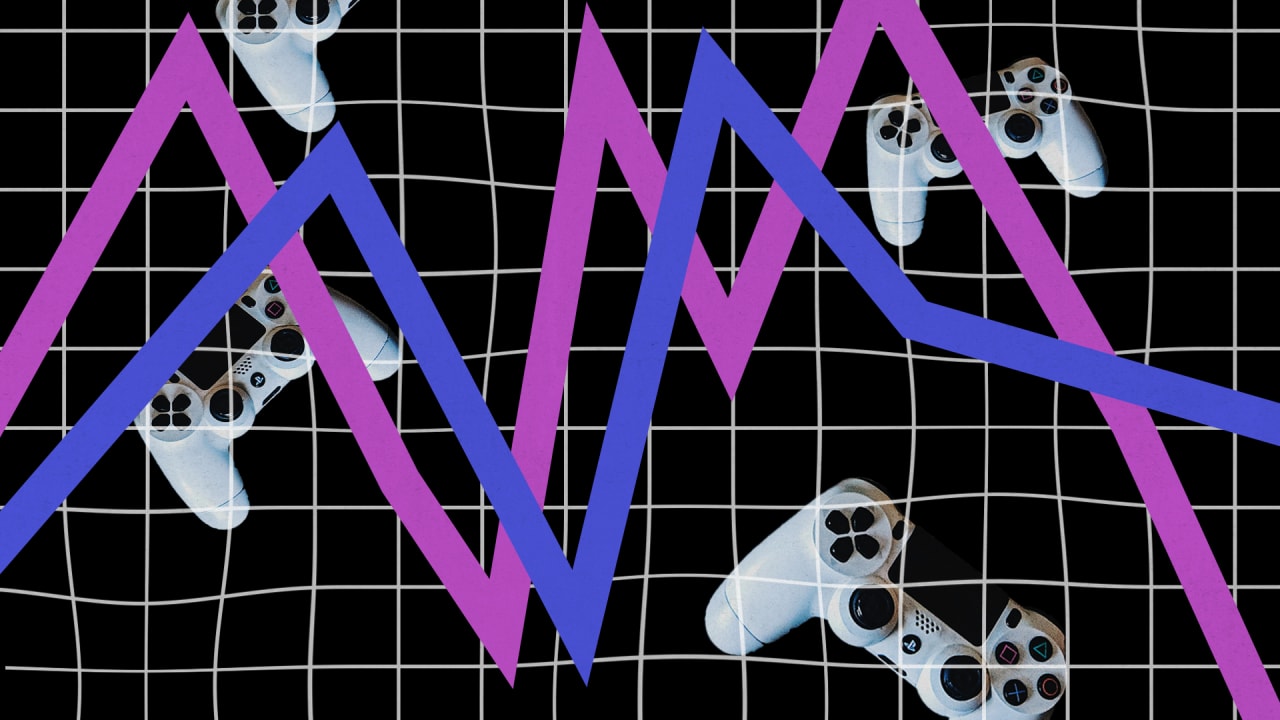The mind-numbing inanity of last week’s GameStop hearing on Capitol Hill was just as predictable as the worthless result. Of course members of both parties wanted in on the media frenzy surrounding Robinhood and WallStreetBets, the Reddit forum where thousands of amateur investors mounted a historic campaign to pump (and dump) the stock of a left-for-dead video game retailer. Talking heads on CNBC were alarmed, and so the House Financial Services Committee ordered hearings, subpoenaed witnesses, and played for the cameras at every turn. By the end of last Thursday’s spectacle, the consensus was clear: We learned absolutely nothing. Not surprisingly, Congress focused on the wrong culprit. Yes, Robinhood’s marketing as “the platform for the average investor” ended up conflicting with their treatment of the average investor once they had to stop taking GameStop trades, making them look like greedy hypocrites. (Fast Company has a brief explainer here .) And yes, the use of Reddit and Twitter to drive market forces and propel certain stocks is new and a little scary. But Robinhood, Reddit, and Twitter were all using their platforms in the exact ways they were intended: to spread and drive information and access. If there’s a villain in the GameStop saga, it’s the federal regulators—in this case, the Securities and Exchange Commission (SEC)—who failed to notice that the world was changing and didn’t bother to update the rules accordingly. By definition, regulation will always lag behind innovation. Regulators can’t know what rules are needed until an entrepreneur first thinks of the new idea, turns it into actual technology, turns that technology into a business, and then starts selling its product or service. But once that happens, it’s not necessary to wait for a debacle before updating the rules. In the case of GameStop, the two-day settlement requirement meant that Robinhood couldn’t keep taking trades absent raising more capital. That two-day waiting period made sense in a previous era—one before blockchain and the cloud. But that waiting period still exists because of inertia and complexity—and, historically, because it produced extra revenue for brokerages—not because it’s technologically necessary. Real-time settlement is not only feasible, it would have prevented all of the harms caused to Robinhood’s investors. The SEC knows that, but it didn’t act on it. That was a mistake. GameStop is but one example. Take something more significant like self-driving cars and trucks

View post:
How to prevent the next GameStop disaster